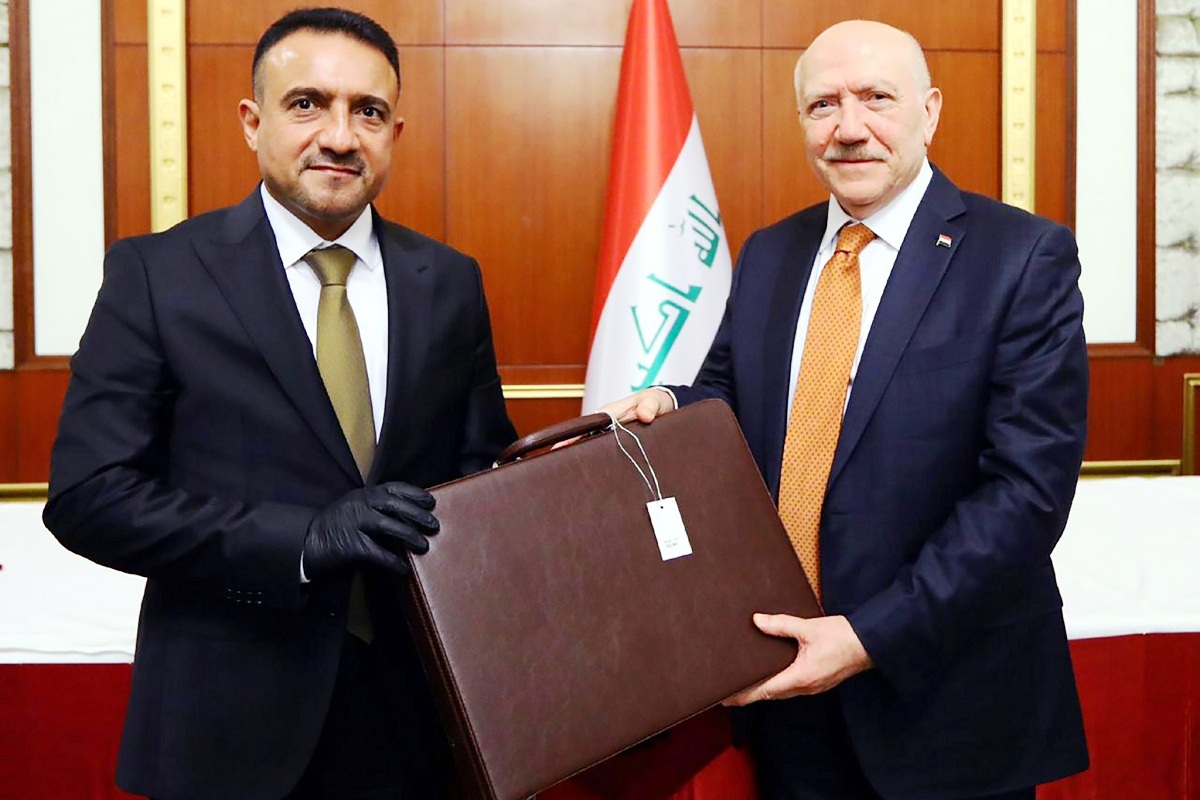Governance, which was in suspended animation in embattled Iraq for the past six months, is poised to be revived with Thursday’s appointment of the Intelligence chief, Mustafa al-Kadhimi, as the next Prime Minister. In the international perspective, an outcry is improbable quite yet as he is said to be acceptable to both the United States and Iran.
Between them, the three nations represent a trilateral source of tension, aided and abetted by the terrorist. The struggle between the US and Iran for influence over Iraq had boiled into open confrontation in the past year. It is, however, unlikely whether Kadhimi’s assumption of authority in Baghdad will facilitate a bout of stability in a tormented land not the least because the political class is said to have squabbled until the last minute over cabinet seats in backroom deals.
Advertisement
As the head of the new government, Mr Kadhimi will begin his term without a full cabinet after several ministerial candidates were rejected. He will, therefore, have to countenance contretemps at the threshold. The Prime Minister’s office may just be a facade for the joust within. The appointment has been announced after months of protests and jockeying for power.
The US Secretary of State, Mike Pompeo, has welcomed the new government; the State Department said in a statement that Washington would renew for 120 days a waiver allowing Iraq to import electricity from Iran “to help provide the right conditions for success” of the new government. This is doubtless a profound gesture in economic terms and in the context of America’s crippling sanctions against Iran.
It becomes imperative for Kadhimi’s government to deal with an impending economic crisis precipitated by the coronavirus pandemic, which has led to a drastic fall in the price of oil ~ Iraq’s principal source of revenue. It will also have to confront the insurgency spearheaded by the the Islamic State of Iraq and Syria (ISIS) as the extremist group steps up attacks on government troops from hideouts in remote areas of northern Iraq.
The country also runs the risk of being caught in the vortex of a regional confrontation between Washington and Tehran. Militia groups have vowed revenge for the killings by the US. The United States killed the top Iranian general, Qassem Suleimani, and his close ally, the Iraqi paramilitary leader Abu Mahdi al-Muhandis, in a drone strike next to Baghdad international airport in January.
Unrest is integral to the storm-centre that is Iraq though Kadhimi has pledged that “the security, stability and blossoming of Iraq is our path.” Iraq has been a centre of a gathering storm as much as Iran. No head of government can be quite confident with the outlook… neither Kadhimi nor Hassan Rouhani nor for that matter Ayatollah Ali Khamenei.









